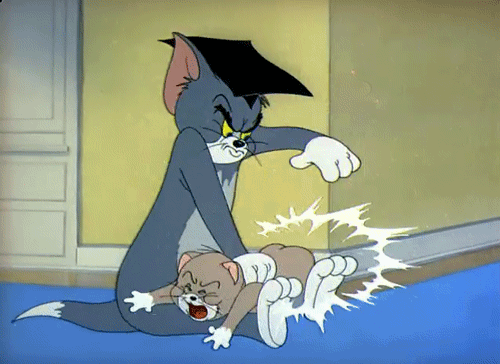Reward and Punishment
- We have two primary systems in effect to keep people motivated to succeed and progress up the societal ladder, as well as prevent them from doing harm and negatively affecting the productivity of others and thus the state as a whole. These systems are the standard dipole: reward and punishment.
Rewards

- Individuals are rewarded on a basis of a few facets. Reward can be incurred though job promotion, income promotion (such as taking on a second job), consistent demonstration of hard work and loyalty to the state, family related actions which benefit the state, as well as other work related performance increases. Individuals may also be rewarded on other facets that benefit the state, such as having children (expanding the work force) and promoting economic growth.
- Rewards are primarily monetary; however, work / activity related and other material rewards are possible too. Rewards are a pre-assigned percentage in proportion to an estimated value benefit to the state. For example, having a healthy baby boy is worth as much as 20 thousand dollars (a percentage of the average earnings of a normal healthy male); whereas giving birth to a diseased/disordered baby boy is worth closer to 3 thousand dollars due to their lower productivity.
- According to Mohist political theory, as cited in Fraser (2002), rewards are effortlessly given out to those who conform and do good in society (both on the political and on the work spectrum). Rewards are an integral part of society, they’re bestowed by heaven, as well as through high ranking officials with the authority to do so. In particular, in our society we took this idea (rewards as integral to society) and grew it to mean even more. The concept of material reward has been elaborated and expanded on for the purposes of increasing living standards, happiness, and most importantly, productivity (benefit to the state).
Punishments

- Punishments are based on the concept of retribution or retributive justice; this is ‘an eye for an eye justice.’
- Crimes will be punished with a corresponding crime committed to the perpetrator. For misdemeanors, only a fee will be charged according to the particular event. For most other personally threatening crimes there will be a substantial fee as well as having a government organized, trained, professional team of punishers bestow the same crime (typically in an exaggerated/more severe manner) upon the offender. For example, the punishment for murder is murder (death), the punishment for assault is assault on a more serious level, and yes, the chain of crime-punishment continues without limits in this fashion for other serious crimes. When it comes to more complicated crimes such as anarchy or rebellion against the state, judges will default to whatever means necessary in order to set examples to prevent this type of behavior; these means may consist of, but are not limited to, incarceration, castration, public mockery and death.
- 3 of the 10 Mohist doctrines prescribe the use of punishment in moral order (Fraser, 2002).
- Ghosts and spirits punish the wicked, heaven punishes those who defy it, and, more importantly, those who do not “conform upward” to proper social and political order also need be punished (Fraser, 2002).
- Given these points of Mohist philosophy, we take a serious standpoint on the presence of punishment

